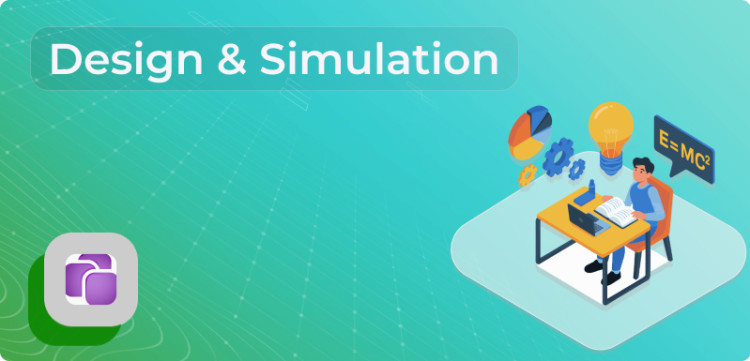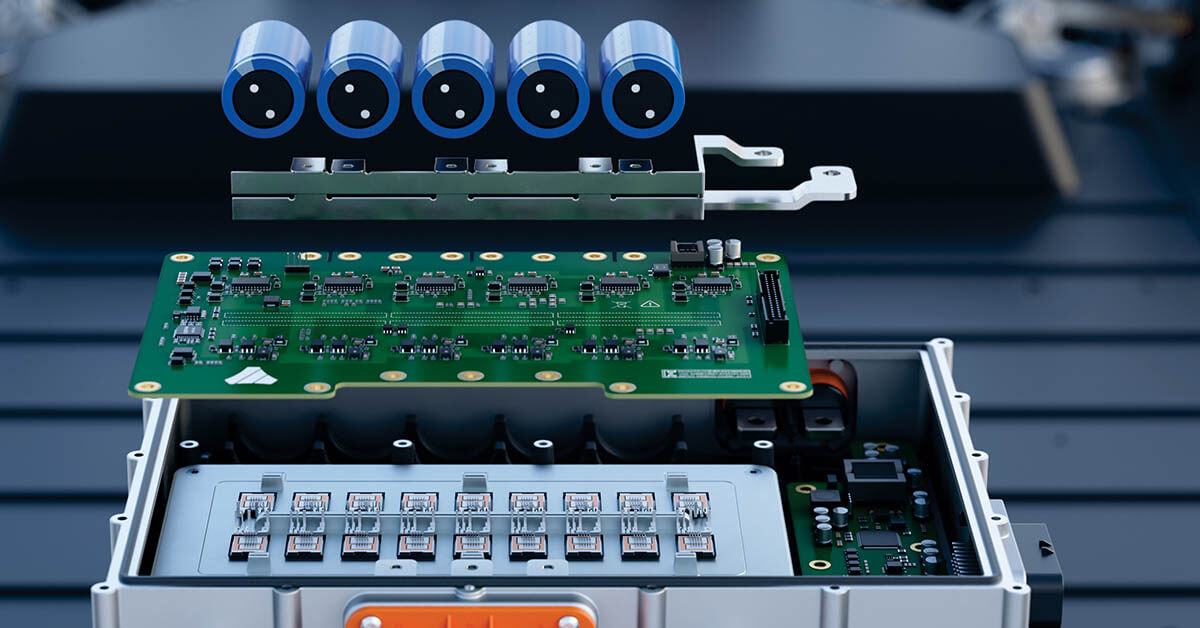Follow Your Interests and Let Them Guide Your Learning

Explore different formats designed to help you learn, grow, and get certified. Read more
Elevating National Defense with AI-Driven Agentic Intelligence
The U.S. Department of Defense (DoD) faces mounting challenges, from processing vast amounts of intelligence and operational data to responding rapidly to evolving threats across multiple domains. Budget constraints further heighten the need for efficient, scalable solutions. AI agents offer a game-changing opportunity to automate repetitive tasks, extract real-time insights, and enhance decision-making across all combat functions in all domains….
Altair welcomes UVIRESO SPACE to the Altair Aerospace Startup Accelerator Program (ASAP)

The UVIRESO team develops advanced spacecraft thruster solutions and uses ASAP to accelerate design, testing, and optimization workflows. Through the program, they access Altair’s simulation tools and expertise to bring propulsion technology to market faster. Ready to accelerate your aerospace startup? Learn more [Picture source: Altair on linkedin.com]
Altair is Recognized as a Leader Again in the 2025 Gartner® Magic Quadrant™ for Data Science and Machine Learning Platforms
Altair RapidMiner is a comprehensive data and AI platform that empowers organizations to seamlessly connect and analyze data from across their ecosystem – with powerful analytics, integrated knowledge graphs, and a foundation built for genAI. Now part of Siemens, together we will help organizations build, automate, and deploy AI faster than ever. Read more
Altair Signs MoU with Georgia Institute of Technology to Spur Aerospace Innovation
Altair, a global leader in computational intelligence, has signed a memorandum of understanding (MoU) with the Georgia Institute of Technology to drive aerospace innovation. Within the agreement, Georgia Tech’s Aerospace Systems Design Laboratory will receive unlimited access to Altair resources to support advanced research and projects aligned to building technology demonstrators with simulation and DA software. Together, the two organizations will explore how simulation, data analytics, and artificial intelligence (AI)…
Accelerating innovation in eco-friendly marine engine development with AI-powered engineering
“This collaboration goes beyond technology development—it is a strategic partnership to shape the future of marine engine development,” said Pietro Cervellera, senior vice president of aerospace and defense, Altair. “By combining Altair’s global technological capabilities with HD Hyundai Heavy Industries’ expertise in eco-friendly marine engines, we aim to set a new standard for sustainable engine and machinery business.”
Speeding Up Materials Design – Managing Composites Uses Altair Tools to Design, Develop, and Drive Innovation
Managing Composites is a team of composite experts who deliver turnkey service covering all parts of the product development process — from concept and engineering to manufacturing and quality production. When they needed high-performance computing (HPC) tools that would enable the kind of advanced simulation and modeling that was required to keep innovating, they implemented the Altair® Unlimited™ virtual HPC…
Altair Inspire Personal Edition: From Design to Manufacturing in One Easy-to-Use Platform

Get access to the Altair® Inspire™ Personal Edition, specifically designed for non-commercial, hobbyist, and personal use. This edition comes equipped with features that are perfect for personal projects, academic research, nonprofit organizations, and anyone who wants to unleash their creativity with our world-class software. Read more
Altair integreert NVIDIA Omniverse voor realtime digitale tweelingen via Altair One
Altair heeft op 24 maart 2025 een strategische integratie aangekondigd tussen zijn Altair One-platform en de NVIDIA Omniverse Blueprint voor realtime digitale tweelingen. Dankzij deze samenwerking kunnen gebruikers complexe simulaties en digitale tweelingen bouwen, bewerken, visualiseren en ermee interacteren in een gedeelde, cloudgebaseerde omgeving. Lees verder [Bron: aiwereld.nl]
Next-Level Thermal Management

Myway aimed to validate Altair’s thermal simulation solution against its own physical test data for a Rohm silicon carbide (SiC) inverter. Two key challenges had to be addressed: heat Loss calculation and thermal path and airflow management. Myway found that Altair’s PSIM-SimLab workflow delivered accurate predictions that aligned with real-life data, providing insights for streamlining development…
